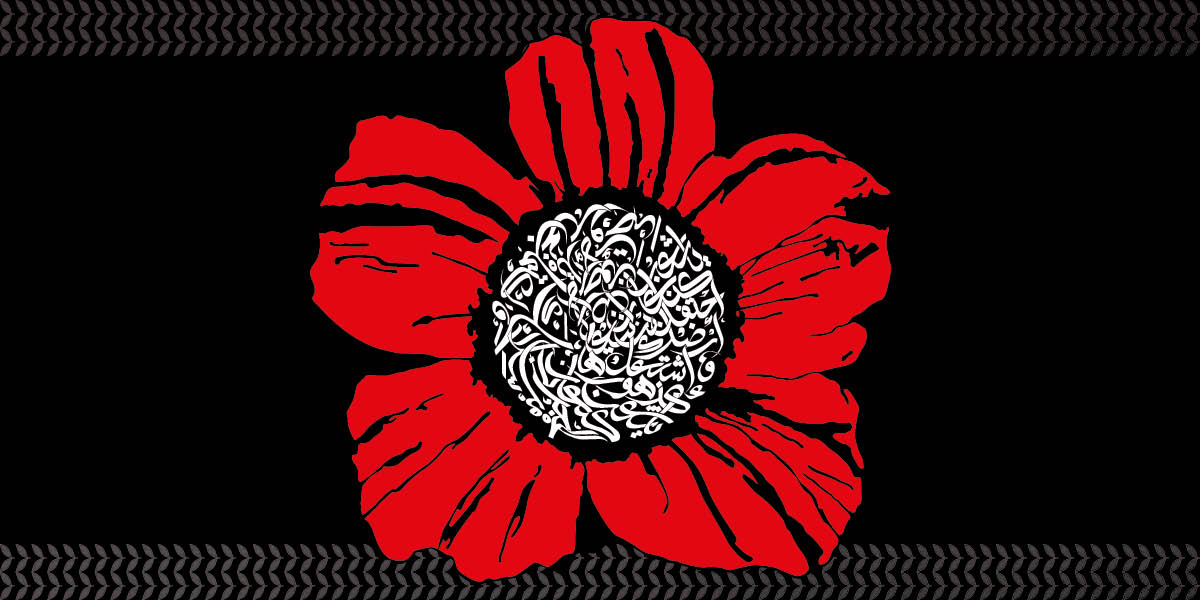Palestinians refer to their decades-long predicament as al Nakba al mustamirra – the continuous Nakba (catastrophe) – an acknowledgment of perpetual vulnerability to displacement at the hands of Zionist settler colonialism, through direct and indirect violence, from war and assassination to legal and bureaucratic violence. Given this, Israel’s campaign in Gaza since 7 October evokes real fears of a full-blown ethnic cleansing of Palestinians from the Gaza Strip.
Senior elements of the Israeli establishment have described their assault as ‘rolling out the Gaza Nakba’. A maximalist version sees Gazans displaced into north Sinai, with possible follow-up displacement operations in the West Bank, conditions permitting. A lesser version foresees preventing residents of the northern Gaza Strip from returning home, while offering Gazans ‘voluntary migration’ to third countries.
Israel has also declared intentions to establish exclusive ‘security’ control over Gaza ‘after the campaign’, while enforcing a ‘buffer zone’ within the Strip’s periphery. This includes the 14-kilometre Philadelphia corridor linking Gaza to Egypt, where over a million people are seeking refuge. It is not difficult to forecast the triggering of a massacre and/or act of transfer, and detonation of a full-blown regional war in such a scenario.
Acceleration
The Gaza Nakba accelerates the continuous Nakba through direct genocidal violence on a wide scale. This moment demands reflection. Over 28,000 Palestinians have been killed, 66,000 injured, countless are missing, and 80 per cent of the population is internally displaced, among other horrors (early February 2024). Much of the infrastructure that sustains life in Gaza has also been damaged or destroyed – water, sanitation, education, electricity, health, and cultural infrastructures, including mosques, churches, libraries, public and historic buildings. This level of destruction is significant by any proportional standard in modern warfare – ‘far worse than what we saw in Dresden and Rotterdam during World War II,’ reported journalist Balakrishnan Rajagopal.
Quantitative tallies fail to speak to the qualitative dimensions of what is taking place.
Gaza City is the largest Palestinian city in historical Palestine today, while the Gaza Strip has always incubated the most significant political dynamics of the national movement – the ‘all-Palestine government’ after the Nakba, the PLO and Hamas, among others. The Strip is also home to the largest concentration of Palestinian refugees remaining in Palestine from the 1948 Nakba. It is the most populated of the 156 ‘islands’ that emerged across the occupied Palestinian territory (OPT), 30 years after the Oslo Accords.
‘The international court is in Bab el Mandab [Straights] and not in the Hague’
The Gaza Nakba is thus not merely a case of genocide, or even domicide – rendering Gaza uninhabitable. Rather, it is a calculated form of metropolicide, politicide and sociocide combined. It is a strategic and historical manoeuvre by Israel to change the terrain of the ‘conflict’ by eliminating the most significant residual human, political and military obstacles standing before Zionist settler colonial conquest of historical Palestine.
Notably, these ends – undeclared, but clearly operational – stand independent of Israel’s declared goals during its ‘war’, which supposedly aim to release captives held in Gaza and to eliminate Hamas. Indeed, Israel is far closer to realising its historical strategic objectives than it is its declared ‘war’ objectives.
Target the war machine
Earlier this year, when South Africa took Israel to the International Court of Justice (ICJ), the court ruled there is plausible risk Israel is committing genocide in Gaza. International humanitarian law has not historically served the peoples and geographies of the global south, yet Palestinians and their allies welcomed the ruling as an aid to halt the ongoing accelerated colonial genocide.
But for these efforts to be meaningful, they must also challenge institutionalised power and frameworks that permit such violence in the first place. This includes the apartheid structure that has emerged across historical Palestine, which reduces the question of Palestine to a ‘humanitarian’ concern or a ‘security’ threat. Without deconstructing this colonial arrangement, sponsored by western donor aid and weaponry, the apparatus for perpetuating the continuous Nakba remains in place.
In this light, movement actors are called upon to act where the international community has already failed. The broad political, moral and legal mandate of the ICJ ruling needs to be applied locally.
Hizam Al Asad, a member of the politburo of the Yemeni Ansar Allah movement (commonly called the ‘Houthis’), has been quoted as saying, ‘The international court is in Bab el Mandab [Straights] and not in the Hague.’ While Houthi efforts to disrupt international shipping lines for Israel and its allies is case-specific and tactically non-reproducible for Palestinians and their supporters, the principle of ‘bringing the Hague home’ by strategically targeting institutions and actors who enable the project of genocide and settler colonialism in our own locales would appear wholly appropriate.
The task, then, is to identify and target the nodes that facilitate and protect the Israeli war machine specifically and Zionist settler colonialism more broadly. From institutions, corporations and universities that supply weaponry, investments and research, or manufacture propaganda, it is essential to identify, map and selectively target them for campaigns of accountability. Work is already underway, from BDS to blockading weapons factories, to unions refusing to load ships with arms en route to Israel. It’s time to keep building this to bring the Hague home!










